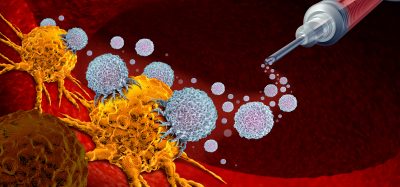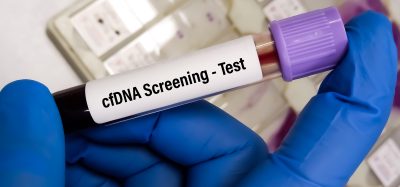Researchers develop and test risk score for pSSNS
Posted: 4 November 2022 | Ria Kakkad (Drug Target Review) | No comments yet
Scientists have generated polygenic risk scores for developing paediatric steroid sensitive nephrotic syndrome (pSSNS), a kidney disease in children.

Certain studies called genome wide association studies (GWAS) have implicated single genetic variants in contributing to different diseases, and these variants can be combined to generate polygenic risk scores (PRS) to predict an individual’s risk of developing such diseases. Researchers recently generated a PRS for paediatric steroid sensitive nephrotic syndrome (pSSNS), a kidney condition in children. The research will be presented at American Society of Nephrology Kidney Week 2022 November 3 to November 6.
Researchers from a global pSSNS consortium first conducted a GWAS of pSSNS and discovered 12 regions of the genome that harboured increased risk for this disease. Eight of these regions were novel. The same researchers then created a PRS using the genetic data from this GWAS and assigned each child their own PRS. Among children with pSSNS, those with a higher PRS tended to develop the condition at an earlier age.
“We are excited to have been part of a global collaboration that both discovered new GWAS loci for pSSNS and created a PRS. We look forward to following up on our discovery in multiple ways,” said corresponding author Dr China Nagano, a post-doctoral research fellow Boston Children’s Hospital, US, and a Paediatric Nephrologist at Kobe University Graduate School of Medicine, Japan. “From a clinical perspective, we can test whether higher PRS lowers the threshold of a healthy child to develop pSSNS in the context of an environmental trigger. From a mechanistic perspective, we can test if the PRS is correlated with molecular profiles from a child’s blood, urine, and/or kidney tissue. Collectively, these insights could lead to a more precise understanding of the pathobiology of paediatric steroid sensitive nephrotic syndrome.”
Related topics
Disease Research, Genetic Analysis
Related conditions
paediatric steroid sensitive nephrotic syndrome (pSSNS)
Related organisations
Boston Children's Hospital, Kobe University Graduate School of Medicine
Related people
Dr China Nagano







